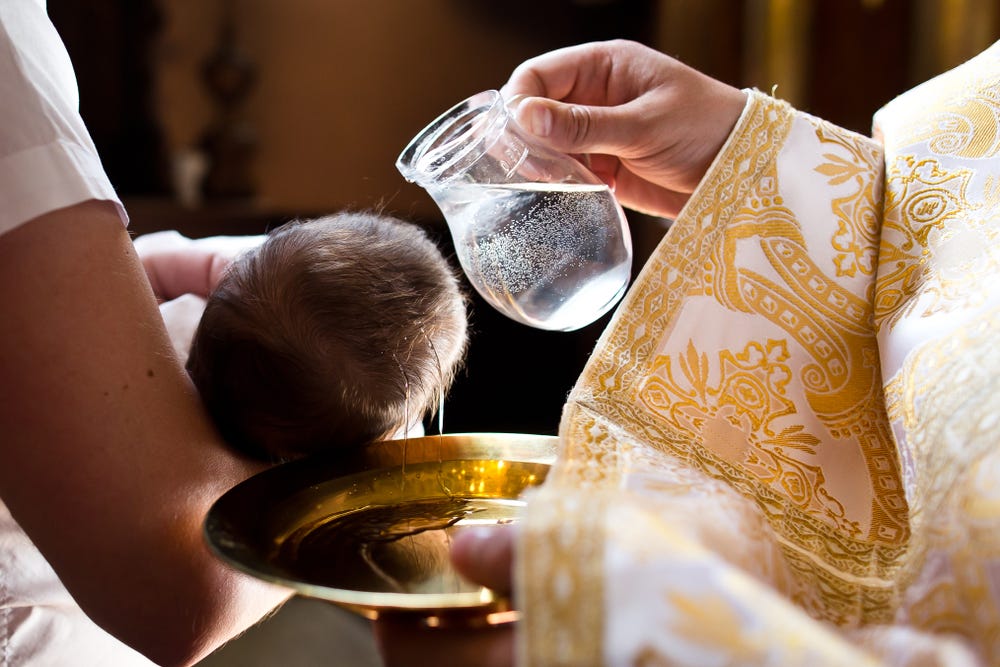When the Vatican’s Congregation for the Doctrine of the Faith said in August 2020 that baptisms are invalid if performed with a first-person plural sacramental formula, it seemed like just another surreal element of the annus horribilis the world was experiencing — absolutely strange, and, hopefully, not a long-term problem.
Substack is the home for great culture

